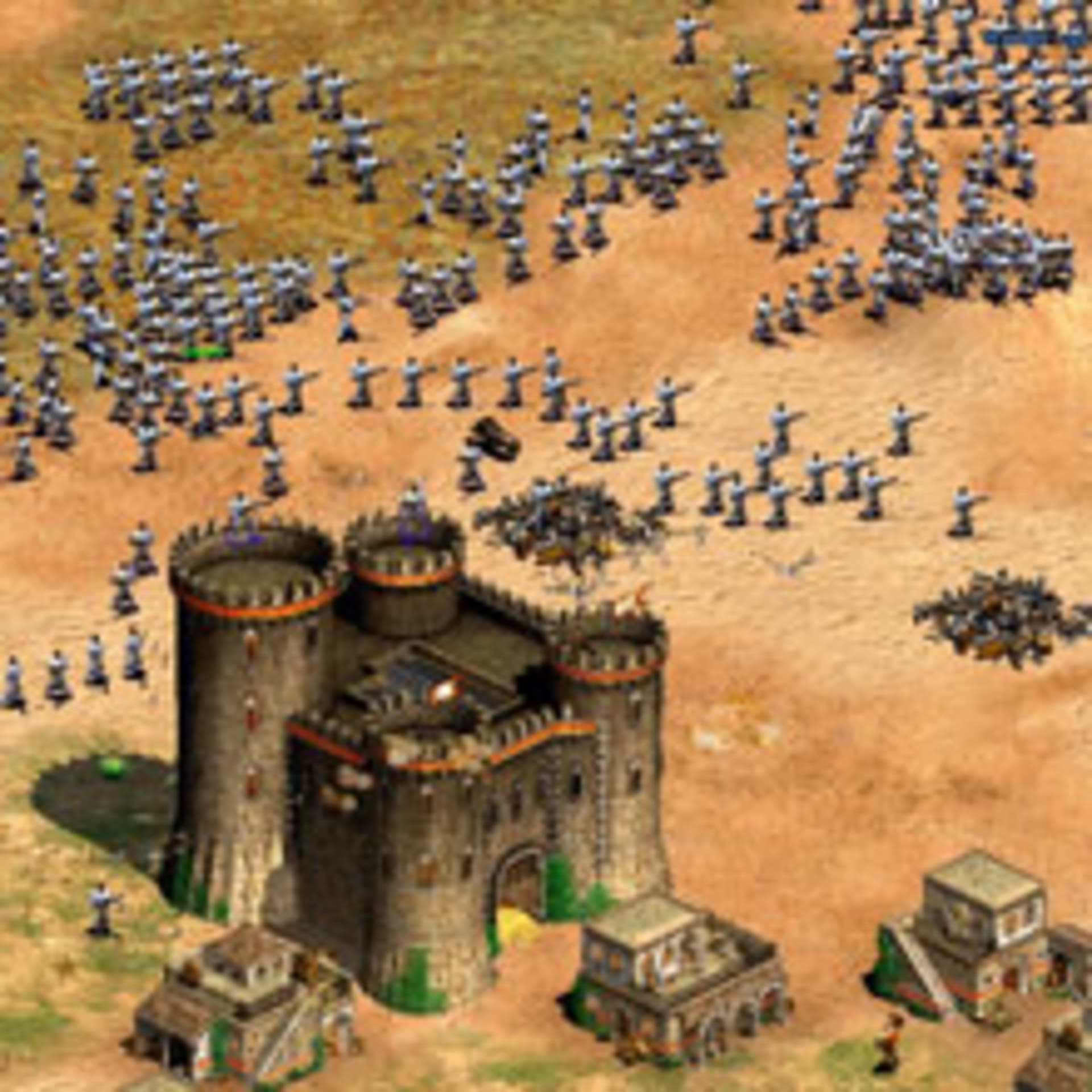
Strategy Games: Music For Playing God
How do you make music to accompany the destruction of entire civilizations? What about the rewriting of historical events in the span of a few hours? Critic Daniel Hugo explores the world of strategy game soundtracks to find out what it sounds like to play God.
The strategy game genre is staggering in its diversity, yet has remained a largely ignored cultural niche in the broader gaming market. Why? Well, first off, the genre’s narratives spread across time and space and take stylistic cues from fantasy and science fiction, making it fertile ground for mixing historical reality and subjective mythmaking. In other words: they’re complicated.
But no matter how far out things get, these games remain bound by the unique perspective of the player. Rather than being embedded within the world of the video game, the player floats above the action, positioned like a god. Here, “real time” goes out the window, and there are no more “turns.” Civilizations pass from the Bronze Age to the Information Age in hours; new worlds may be discovered and battles change the complexion of a game in minutes. Heady stuff indeed. But what does this mean for its music? What melodies and rhythms can capture the grandeur of this shift? As with most game soundtracks, music makes the fantasy convincing, and that’s a tall order for simulating seismological shifts in culture and history.
I would argue that becoming “godly” is at the crux of the strategy game fantasy. But it’s also a romantic sentiment foreign to our own time, which perhaps helps explain why classic strategy games like Civilization, Age of Wonders, and StarCraft, no matter their theme, rely upon the culturally ingrained pathos of the orchestra. From soaring choral passages to huge string movements, elegiac brass to woodwind solos, these soundtracks contain the widescreen emotions of the baroque and classical. Even synthesizer-based pieces (with the Yamaha DX7 featuring heavily), are peppered with violin and timpani flourishes.
Homeworld, the exceptional 1999 sci-fi game, borrows the famous choral arrangement from Samuel Barber’s 1936 work Adagio for Strings to evoke the divine importance of the gamer’s task to unify a tribe with its spiritual homeworld. It’s important to note that the strategy game in particular, as an arena for god-like decision-making, contains infinite scenarios which must be captured in music—and yet game music is necessarily fixed and determined. How can the infinite be harnessed to the predictable? By constantly walking the line between stasis and drama, tension, anxiety and passivity; sounds anticipate the game’s development while remaining sensitive to the present moment. Dramatic shifts in musical style and instrumentation provide the basic illusion that the music is responding to unique changes in the game.
1999’s Age of Empires II: Age of Kings is perhaps the most motley in how it negotiates these peaks and troughs of gameplay. With its incongruous fusion of bard-like song cycles, classical guitar, harpsichord solos, ’90s breakbeats, pan flute, and slap bass floating constantly in and out of focus, it’s one of the most disorienting listens in terms of sheer bombast.
It’s as if the composers, Americans Stephen Rippy and Kevin McMullan, tried to record a stoned thought experiment about what modern music’s genealogy would sound like had every ancient empire been equally accorded the full privilege of cultural domination. Which is to say that Age of Empires indulges in the fantasy of alternative histories, while the strategy game sci-fi Homeworld, with its deep-space ambient soundtrack, wishes to abstract itself from human history altogether.
The challenge and success of the strategy game soundtrack has been to retain the distinctive character of each game’s narrative, while threading together the impulse of godliness and drama essential to its gameplay. Whether it’s the stilted ambient techno innocence of Populous, or the Vangelis-like cinematics of Dune 2000, the music tries to capture what the world sounds like when life changes in an instant, not around you, but below you. It’s a testament to the weird qualities of these soundtracks that, when taken in isolation they are erratic and schizophrenic listens, yet within gameplay itself, you never consider them to be laid on too thick. You don’t forget about the lack of subtlety so much as thirst for it at a subconscious level. The ultimate success of strategy game music is its ability to flesh out the game’s speculative and transportive properties: to imagine oneself as supreme, omniscient and powerful, even for the most fleeting of moments.
This article was written by Daniel Hugo and originally appeared in the Winter 2014/2015 edition of Electronic Beats Magazine. To read more from this issue, click here.
Published February 02, 2015. Words by EB Team.
